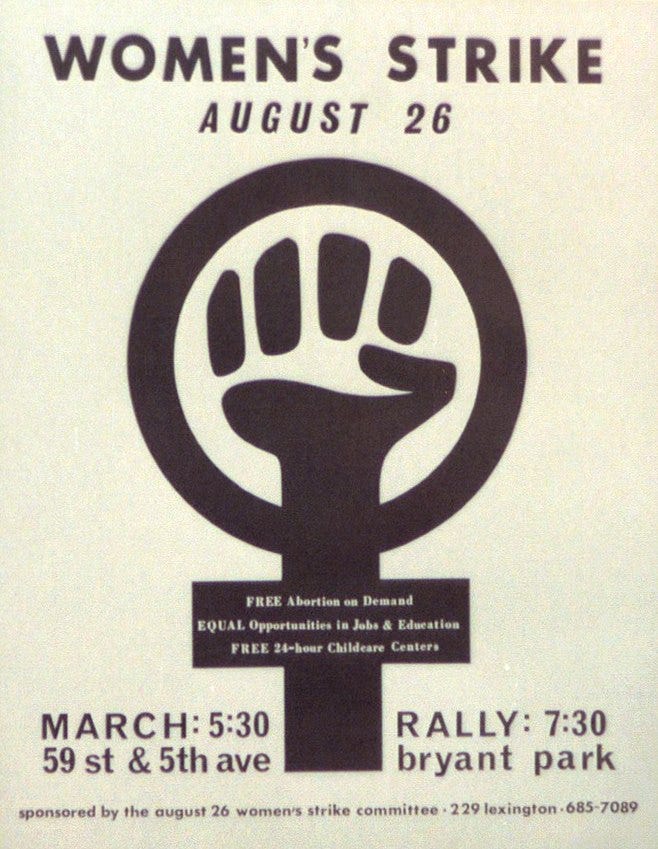
As we saw in the last episode, women were engaged in passionate activism to achieve gender equality by 1970. But unlike grassroots radical feminist groups, the National Organization for Women (NOW) and other organizations like the National Association for the Repeal of Abortion Laws (NARAL), had begun to look to state legislatures, Congress, and the courts to rectify the injustices women encountered every day in the workplace, as consumers, and in their homes. To demonstrate how much the nation depended on women, in contrast to how little they were valued, NOW asked women across the nation to withhold their labor—from bosses, husbands, and even their own children--on August 26, 1970, the 50th anniversary of the passing of the 19th amendment. In rallies held in major cities across the nation, activists would demand free, legal, and unrestricted abortion, equal opportunity in the workforce, and free childcare.
But this was only a start. Why fight this battle law by law, grievance by grievance, when a Constitution amended to recognize women’s full citizenship could do the job in one fell swoop? Only a few weeks earlier, on August 10, 1970, Michigan Democrat Martha Griffiths had re-introduced an amendment to the United States Constitution that had been kicking around since suffragists Alice Paul and Crystal Eastman marched it up the steps of the Capitol in 1923. The Equal Rights Amendment consisted of one, clear, sentence: “Equality of rights under the law shall not be denied or abridged by the United States or by any State on account of sex.”
I don’t need to tell this audience that the ERA didn’t pass. And although many things changed for women in the 1970s—abortion became legal, sexual harassment became illegal, and women gained access to professions, occupations, and schools that had previously been closed to them—after a a decade of intensified activism, the battle for ERA was all but lost, and gender bias remained rampant.
Women looked to NOW to defend them. Although the organization had dedicated itself to the fight for ERA to the point of near bankruptcy, during that campaign NOW had become a feminist institution where cross-cutting forms of discrimination by gender, race, sexuality, ability, class, and immigration status were forged into a bigger fight for social justice. Founded in 1966 by a diverse group of dedicated activists that included attorney Pauli Murray, journalist Betty Friedan, politician Shirley Chisholm, labor organizer Aileen Hernandez, and historian Caroline Ware, NOW’s loose, networked, chapter-style organizational structure brought diverse women across the United States together under a single umbrella to fight for their rights.
It's an important story—not just about women, but about the difficulties and contradictions of doing American politics. That’s why I was excited to see that Katherine Turk, a historian at the University of North Carolina at Chapel Hill, has just published a history of NOW, from its founding to the moment it emerged, bloodied but unbroken, from the fight for ERA. Turk is an expert in the histories of women, gender, and sexuality; law, labor, and social movements; and the modern United States. Her first book, Equality on Trial: Gender and Rights in the Modern American Workplace (University of Pennsylvania Press, 2016) won the Mary Jurich Nickliss Prize in US Women’s and/or Gender History from the Organization of American Historians, and her new book, The Women of NOW: How Feminists Built an Organization That Transformed America, is out this month from (Farrar, Straus, and Giroux, 2023.)
Program notes:
The opening clip from August 25, 1970, produced by WHDH Channel 5 is included courtesy of the Boston Digital News Library; you can view it here.
Read more about the 1970 Women’s Strike for Equality here.
I mention the National Association for the Repeal of Abortion Laws (NARAL). That organization still exists, and is now NARAL Pro-Choice America.
Oprah Winfrey’s memories of being refused equal pay in 1980 were produced by the nonprofit activist group Ultraviolet. You can see the full clip here.
Are you interested in what the National Organization for Women is doing today? Go take a look!
Claire and Katie discuss Aileen Haernandez’s important role as NOW’s second president: you can read a tribute to her here. Another key figure is Pauli Murray: you can watch a documentary about this path-breaking attorney and spiritual leader.
Claire namechecks Laura Lovett’s 2021 biography of feminist activist and community orgnaizer Dorothy Pittman Hughes.
Why did ERA fail? Legal historian Mary Francis Berry wrote an early analysis; and Rebecca DeWolfe has written an account of the amendment’s first four decades.
You can download this podcast here or subscribe for free on Apple iTunes, Spotify, Google Podcasts, or Soundcloud. And if you liked this episode, please join us at Political Junkie!
If you liked this episode, you might want to try:
Episode 5: Verdi, Dante, and Dahlia Lithwick: A conversation with Slate's Supreme Court reporter about her new book, "Lady Justice: Women, the Law, and the Battle to Save America"
Episode 8: First, Pick the Right Wife: A conversation with historian Robin Morris, author of "From Goldwater Girls to Reagan Women: Gender, Georgia, and the Growth of the New Right" about how women activists transformed the GOP
Episode 10, A Woman's Place Is In the House: John Lawrence, former chief of staff to former Speaker Nancy Pelosi, takes us behind the scenes with a new book about a landmark politician who changed the Democratic Party
Episode 17, Abortion On Demand: Feminist journalist Katha Pollitt explains why we should treat ending a pregnancy as normal
Episode 33, Seattle, the Feminist Soviet of Washington: A conversation with historian Barbara Winslow about her book "Revolutionary Feminists: The Women's Liberation Movement in Seattle"


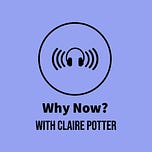


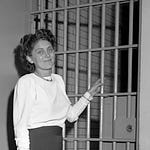
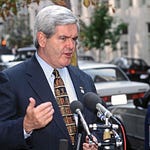


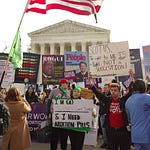
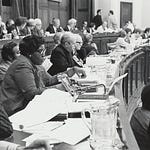


Share this post